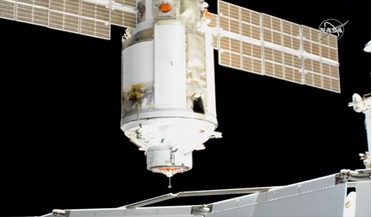 30 July 2021
Starliner OFT-2 launch delayed following problems with Nauka module at ISS
30 July 2021
Starliner OFT-2 launch delayed following problems with Nauka module at ISS
...of the US agency’s Orbital Flight Test-2 mission after Russia’s Nauka module ran into trouble soon after docking at ... Launched 21 July, "Nauka" ("Science" in Russian) is Russia's primary new research module on the ISS Russian cosmonauts Oleg Novitskiy...
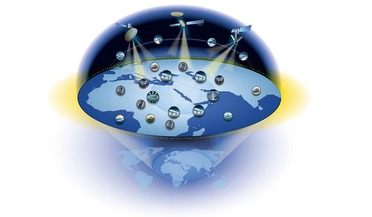 March 2015
Supplanting the state: rewards and risks
March 2015
Supplanting the state: rewards and risks
.... Further, initial investigation into these incidents showed that many of the attacks originated in North Korea and Russia. These breaches demonstrated that major cybersecurity threats today can originate not only from foreign countries...
 February 2016
Innovations in human astronautics
February 2016
Innovations in human astronautics
..., and habitable systems for outer space and on other planets and bodies of the Solar System. Today, Russia is developing key elements of a future transport system - a new generation manned transport vehicle and a heavy launch vehicle...
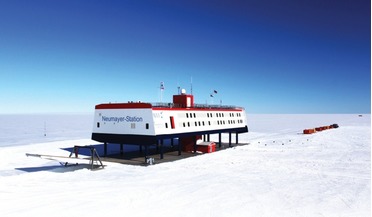 November 2016
Hi-tech greenhouse to test plant cultivation technologies in Antarctica
November 2016
Hi-tech greenhouse to test plant cultivation technologies in Antarctica
... consortium. The EDEN ISS scientific advisory board consists of the top scientists in the field of CEA from Russia, USA, Japan, Italy and Germany. Objectives Due to the necessity of validating key technologies for space greenhouses...
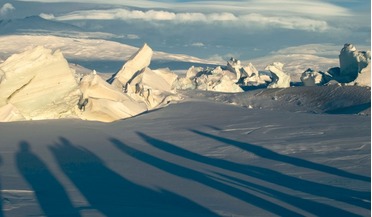 July 2017
Hunting for neutrinos in the ice of Antarctica
July 2017
Hunting for neutrinos in the ice of Antarctica
...Now, experiments designed to search for neutrinos can be found in locations such as the Mediterranean Sea, in lake Baikal in Russia and in the ice of Antarctica. If you ever wondered why an increasing mass volume is so important for finding neutrinos...
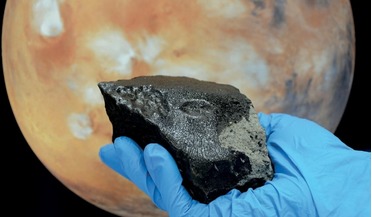 September 2017
Europe needs facility to handle extra-terrestrial space material
September 2017
Europe needs facility to handle extra-terrestrial space material
... the Hayabusa mission. Until now, sample return missions have been led mostly by NASA in the US, by Roscosmos in Russia and by JAXA in Japan. Europe is a main actor in space exploration but has lacked the goal of claiming part...